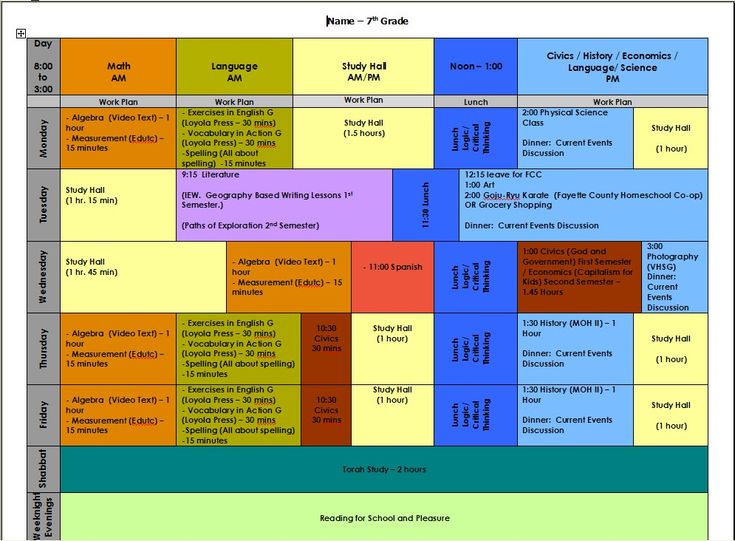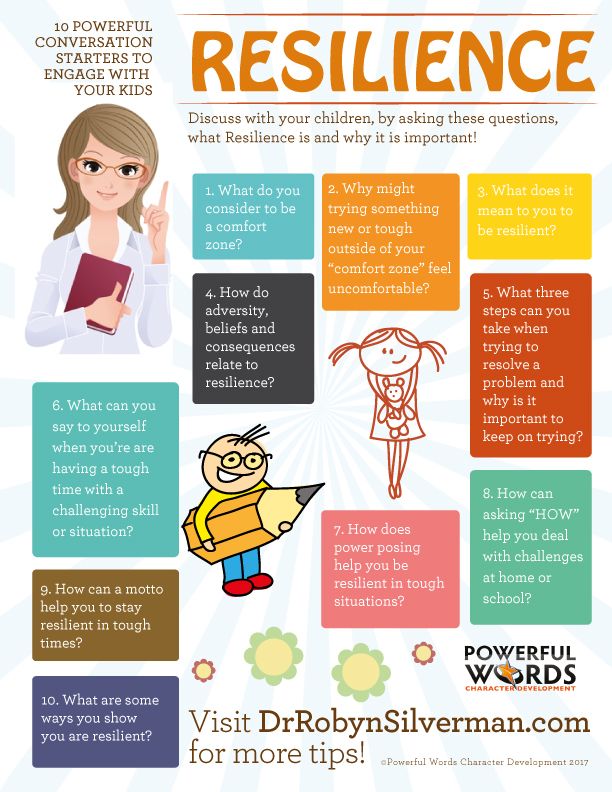How to register your child for homeschool
File an Intent to Operate a Home School
Definition of a Home School
In order to legally provide for their child’s education at home and meet North Carolina compulsory attendance laws parents must file a Notice of Intent to Home School (General Statute 115C-563(a)).
The Division’s school year runs July 1 and ends June 30. Notice of Intent's may be submitted or filed July - April. Home schools may not be opened ONLY for the summer term or for “grade recovery”. A Notice legally opens a school, which must remain in continuous operation with enrolled students until the Chief Administrator closes the home school.
The home school must meet the following requirements:
- Consist of the children of not more than two families or households
- The parents or legal guardians or members of either household will:
- Determine the scope and sequence of the academic instruction,
- Provide academic instruction,
- And determine additional sources of academic instruction.
- Follow the legal requirements to operate a home school.
- Notify the Division at any time the home school address or enrollment changes.
- Respond to communications from the Division in a timely manner to confirm continued operations.
To File a Notice of Intent to Operate a Home School
- When to file: The State of North Carolina home school academic year for reporting purposes begins each July 1 and concludes the following June 30. Schools may open during the months of July –April and must document attendance and instruction for 9 calendar months of that academic year (including any time spent in a traditional school). If you plan to begin school in the fall you would open no earlier than July.
- Only ONE school: Each household may have only ONE Notice of Intent on file (or one open home school). You do not need to renew the Notice of Intent every year – operation continues until the school is officially closed.
- Reopen a school: If at any time in the past you have had a home school, you will need to “re-open” that school rather than complete a new Notice of Intent.
 Your information is already in our file and only needs updating.
Your information is already in our file and only needs updating.
Opening a New Home School
You will be directed to the online system. After you establish a user name and password you will be able to complete the Notice of Intent. All confirmation will be sent through email; please remember to check your spam folder for these important documents.
A helpful one page document to explain this process is found here.
Re-Opening a Home School
If you have had a home school open in the past you will need to re-open that school. If you never properly closed the school you must update your record. You will be directed to the main menu of the DNPE SYSTEM where you will create a user name and password. After you have created your account access you will be directed to the menu.
From the System Menu Choose one of the following options:
will enter your information and then be directed to create a user name and password if it is the first time you have visited the system.
If your school is closed you will have the opportunity to update the information, upload additional diploma evidence if necessary and then click “re-open” to activate your school. This information will be reviewed by a staff member and you will receive an email confirmation once you are officially open again. Only the previous chief administrator can submit a request to Re-Open or update a Home School record.
Files
Notice of Intent to Establish a Home School
Related Content
- Home School Requirements and Recommendations
North Carolina Homeschool Laws & Requirements
View our Lesson Demos
Although North Carolina is considered to be a medium-regulation state for homeschooling, the NC Department of Non-Public Education (NCDNPE) has established a parent-friendly process for the things you’ll need to get started including:
- Making sure you have the proper educational credentials
- Filing your notice of intent
- Tracking attendance
- Planning for annual standardized testing
Being fully aware of what is expected of you as a homeschooler can put you much firmer footing for your first year’s adventure of teaching at home. Below, you’ll find an overview of NC homeschool requirements and how to enroll a homeschooled child in public school in North Carolina, if you need to for any reason.
Below, you’ll find an overview of NC homeschool requirements and how to enroll a homeschooled child in public school in North Carolina, if you need to for any reason.
- How to Register for Homeschool in NC
- Your Notice of Intent
- Homeschool Recordkeeping in North Carolina
- North Carolina Homeschool Graduation Requirements
- Enrolling in Public School after Homeschooling
- Additional Resources Related to Homeschooling in North Carolina
*This should by no means be interpreted as legal advice. It is your responsibility to interpret and understand the laws that you will be homeschooling under.
How to Register for Homeschool in N.C.
The key requirements for homeschooling in North Carolina include:
- Parents must have at least a high school diploma (or equivalent).
- Families must file a notice of intent to homeschool with the NC Department of Non-Public Education (NCDNPE).
- Families should keep attendance and immunization records on file for each homeschool student.

- Homeschooled students should take a nationally standardized test each year and keep the results on record for one year.
- The homeschool should operate on a regular schedule for at least nine months of the school year.
- Families should notify the NCDNPE when closing their homeschool
For a full explanation of each of these regulations, including forms that will be helpful in staying compliant, visit the NC Home School Information Portal.
More information relating to the home education rules for North Carolina can be found at A2ZHomeschooling.com.
Full Details of North Carolina’s Homeschool Laws
Your Notice of Intent to Homeschool in NC
The North Carolina Department of Non-Public Education is the division of state government that regulates homeschooling (and the only one like it in the country!) As such, they require families with children between 7 and 16 years of age to open a homeschool by filing a notice of intent. This intent form will include information such as whether or not the parent holds a high school diploma (or equivalent), the chosen name of the homeschool, the name of the administrator, and the homeschool address.
This intent form will include information such as whether or not the parent holds a high school diploma (or equivalent), the chosen name of the homeschool, the name of the administrator, and the homeschool address.
Families can file their intent to homeschool at any time of the year. The NCDNPE requests that families update their record if their homeschool address changes, and to also notify them if they will be closing their homeschool. Families do not need to renew their intent each year, however.
Homeschool Recordkeeping in North Carolina
The records that homeschoolers are required to keep in North Carolina do not have to be submitted to the NCDNPE unless specifically requested. However, it is a good idea to keep a detailed, accurate, and professional homeschool portfolio of items for each student. Information that you might want to include in your homeschooler’s portfolio could be:
- Subjects covered each school year
- Parent-administered or online school report cards or assessments
- Yearly standardized test scores
- High school transcript for any student in grades 9-12
Having this information handy can be especially helpful if your homeschooler returns to school because it can help establish an appropriate grade level for the student’s enrollment. Also, when applying to colleges, an accurate homeschool transcript is every bit as important (and valid) as one supplied by a public or private school.
Also, when applying to colleges, an accurate homeschool transcript is every bit as important (and valid) as one supplied by a public or private school.
North Carolina Homeschool Graduation Requirements
As you are doing your initial research on homeschooling in North Carolina, you are likely curious about how a home educated student gets their diploma. The simple answer is that each homeschool sets their own graduation requirements. Once your student has accomplished the coursework, tests, and goals that you prescribe, you can administer your own homeschool diploma!
How do you decide on what those requirements will be? It’s important to keep your student’s post-secondary goals in mind. If college is in your teen’s future, then you’ll want to research the expectations of individual colleges your student may want to attend and align your high school homeschool path accordingly. For students who may want to head right into the workforce after graduation, then a heavier focus on vocational coursework and apprenticeships may be appropriate.
As you plan out your high school curriculum, it can also be helpful to review the graduation guidelines of traditionally schooled students in North Carolina. Time4Learning offers the following chart to help you with quick comparisons between public school and homeschool graduation requirements.
| Public/Private School | Homeschool | |
|---|---|---|
| North Carolina diploma requirements | Students must have a minimum of 22 completed credits to graduate in North Carolina and receive a diploma. | Parents determine when their student has fulfilled graduation requirements and can issue their own homeschool diploma; students of private/online schools may receive diplomas from those institutions. |
| North Carolina high school testing requirements | There are no graduation testing requirements for the state of North Carolina. | Homeschool students are also not subject to testing requirements for graduation. |
| North Carolina high school transcripts | NC public school transcripts include identifying information, standardized test scores, attendance information, credit totals and a complete credit history by course including course titles, grades received each semester, and cumulative grade average for each. | Homeschool parents may create their own student transcripts, and may include any information they deem pertinent to colleges, military, and/or future workplace organizations. |
| North Carolina high school course credits | In order to graduate, NC high schoolers must have 4 sequential English credits, 4 mathematics credits, 3 science credits (including a physical science, biology, and an earth/environmental science course), 4 social studies credits, 1 health/physical education credit, and 6 elective credits. | Parents determine when their student has fulfilled graduation requirements; for the purpose of creating transcripts, some homeschool parents do assign credits to individual courses. |
| GED eligibility | NC has two paths to a high school equivalency diploma: GED and HiSET. These are offered through the Basic Skills Plus program of the community college system in NC. | The same requirements for eligibility apply to homeschoolers as to public school students. |
Enrolling in Public School after Homeschooling
Even if you plan to homeschool all the way through graduation, there are sometimes circumstances that make it necessary for a student to return to public school after a time of homeschooling. In those cases, you’ll need to know how to transfer from homeschool to public school. In North Carolina, there are basically two steps you need to take to return your child to school:
- Notify the NCDNPE of your intent to close your homeschool. (You can always reopen it later, if you wish.)
- Contact the school principal of the school you will be enrolling in to find out their enrollment process.

It’s worth noting that each school may have a different policy in regards to enrollment by a formerly homeschooled student. Some may simply let you register your child for the grade you wish him/her to attend. Others may request information on your student’s homeschool curriculum and progress or even require your child to take assessment tests to establish their appropriate grade level.
Additional Resources Related to Homeschooling in North Carolina
Have other questions about homeschooling in North Carolina? You may find the following pages helpful.
- Homeschooling in North Carolina
- North Carolina Homeschool Associations
- North Carolina Homeschool Groups and Co-ops
- Homeschool Field Trips in North Carolina
Welcome to Homeschooling Guide
Download this FREE resource where experienced homeschoolers share their stories for how to begin homeschooling, understanding your child academically, planning your days, and much more.
Get My Homeschool Guide Now!
Step by step transition to family education
Basic concepts
To prepare for the transition to family education, learn the basic terms. This will help to correctly fill out applications and negotiate with schools.
Family education is a form of education outside of school (Article 17 of the Law “On Education in the Russian Federation”). It implies independent development of the main educational program. Parents are responsible for the quality of education.
Self-education - same as homeschooling, only for children over 15 years of age or those who have completed a nine-grade certificate.
Externship is a form of attestation for family education and self-education. When a child is attached to a school to pass intermediate and final examinations, he acquires the status of an external student and equal academic rights with other students.
Step 1. Notify the education authorities
When switching to family education, first of all inform the department or department of education at the place of residence about the change in the form of education. It is not possible to leave school for homeschooling without notice. This can be regarded as improper performance of parental duties and brought to administrative responsibility.
It is not possible to leave school for homeschooling without notice. This can be regarded as improper performance of parental duties and brought to administrative responsibility.
When to apply
You can send a notification at any time: before the start of the school year or in the middle of it. Just consider the response time (on average, the procedure takes from a week to a month), as well as regional requirements. In some subjects of the Russian Federation there are clear dates for informing about changing the form of education.
<
How to fill out
A notice of transition to family education can be made in free form or a template can be requested from local authorities.
Sample Application →
To whom to send
A notice of transfer to homeschooling is sent to the department or department of education at your physical address, not at the place of registration.
How to send
Choose a method convenient for you:
- In person.
 Fill out an application for family education in two copies. Be sure to mark your notification as registered.
Fill out an application for family education in two copies. Be sure to mark your notification as registered. - By mail. Sending by certified mail with a list of attachments and acknowledgment of receipt will help confirm that the obligation to notify the authorities of the choice of family education has been fulfilled.
- Remote. If the education authority has an "electronic reception", you can send a notice of transfer to family education electronically. It is recommended to take a screenshot when submitting.
<

